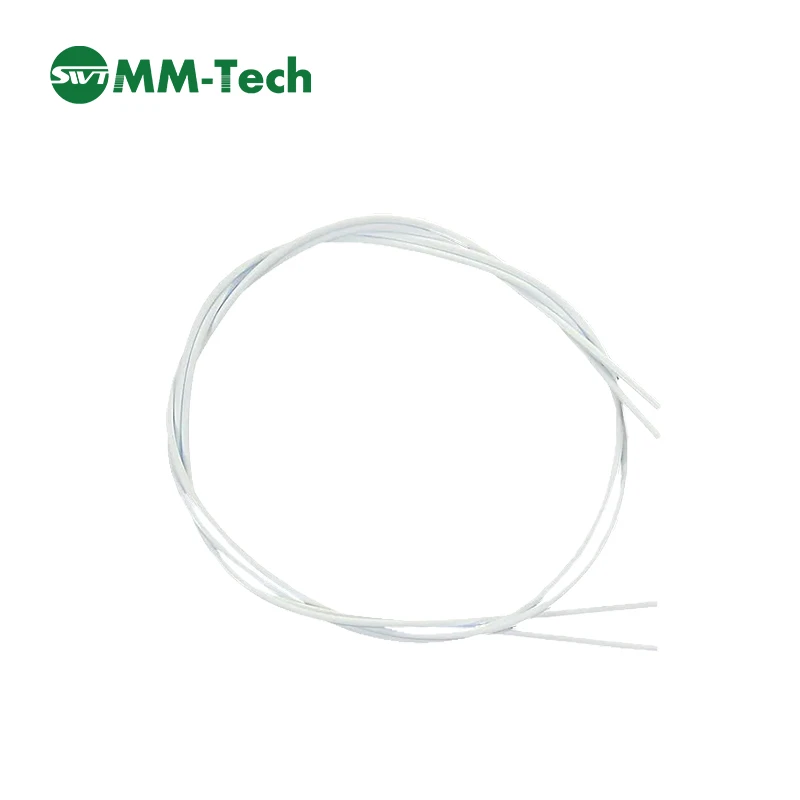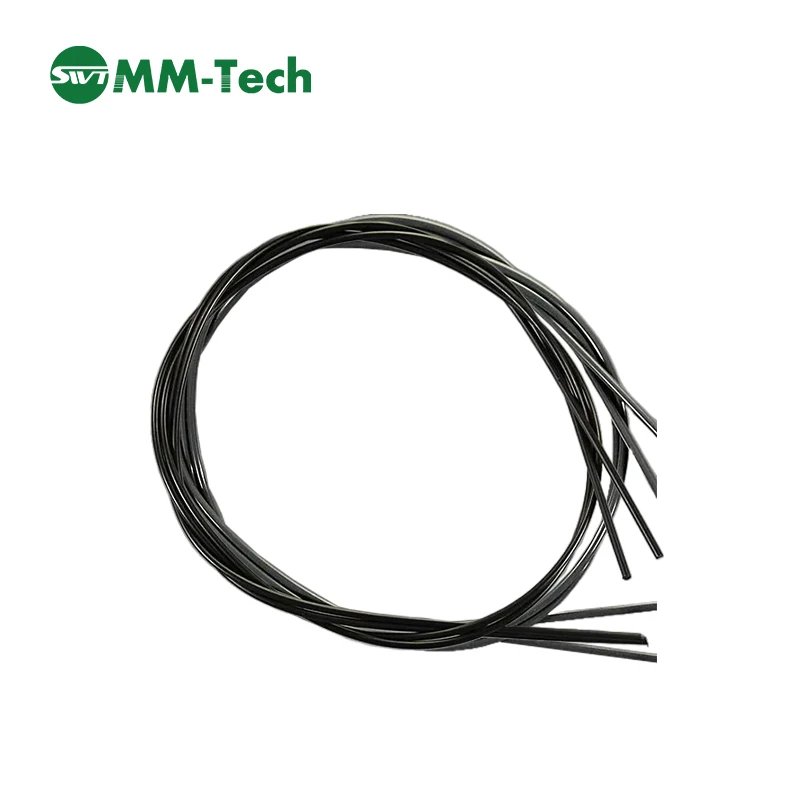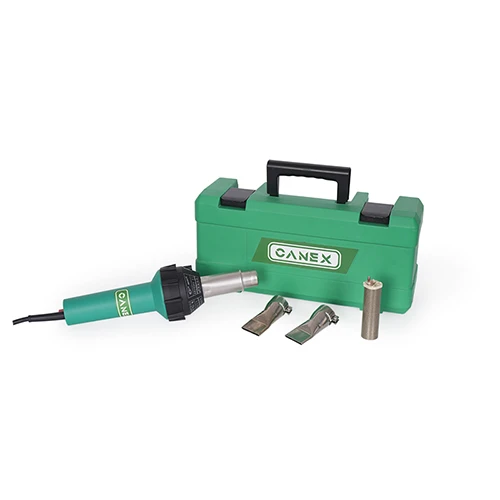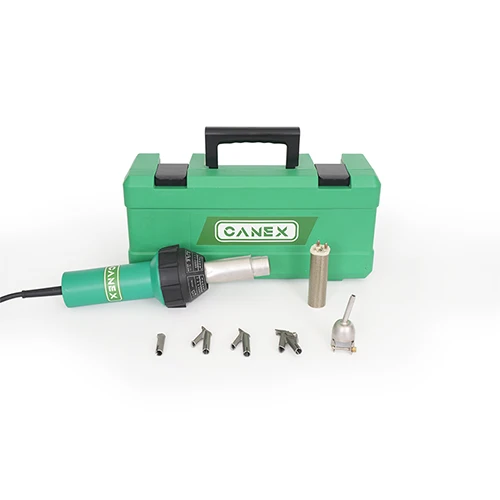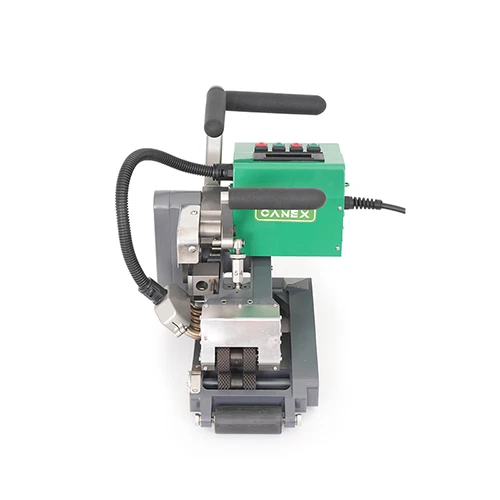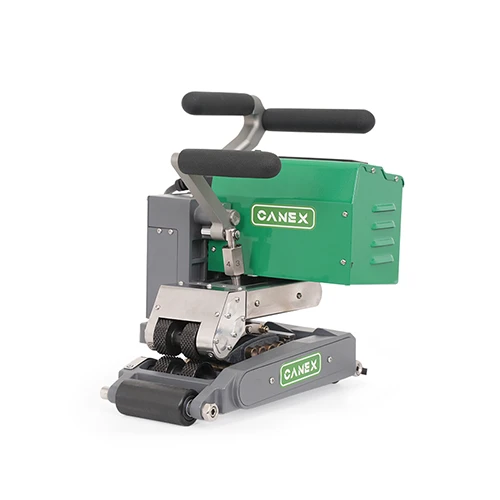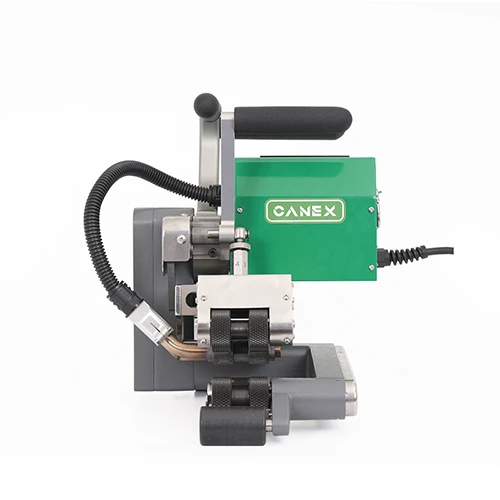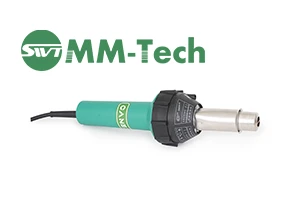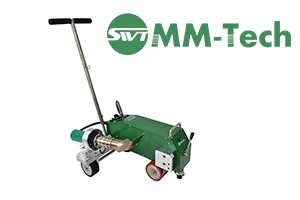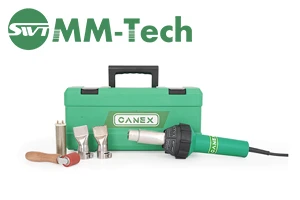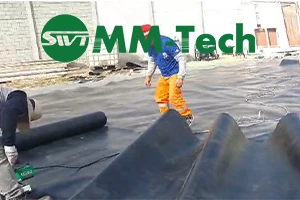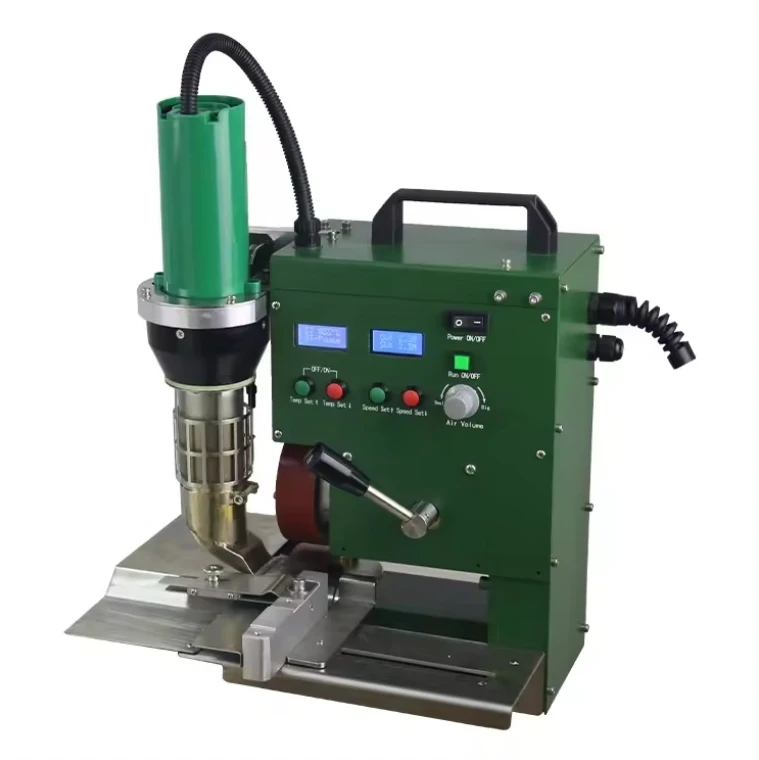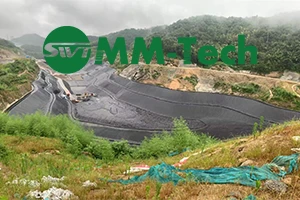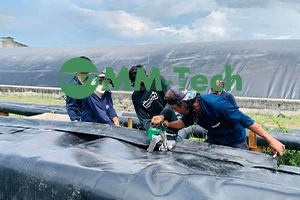-
 Email:info@peweldingmachine.com
Email:info@peweldingmachine.com
-
 +86-137 3974 5191
+86-137 3974 5191
-
 Add:
Add:NO.355,Youyi Street,Qiaoxi District,Shijiazhuang,Hebei,China.
Line Leak Detectors Electronic & Mechanical Solutions for Precise Detection
May . 07, 2025 15:29
Did you know a single undetected fuel leak can cost your business $7,500 per hour in EPA fines? With 37% of underground storage tank failures traced to leak detection failures, operators like you need bulletproof solutions. Enter the modern line leak detector
- your frontline defense against regulatory nightmares and profit erosion.
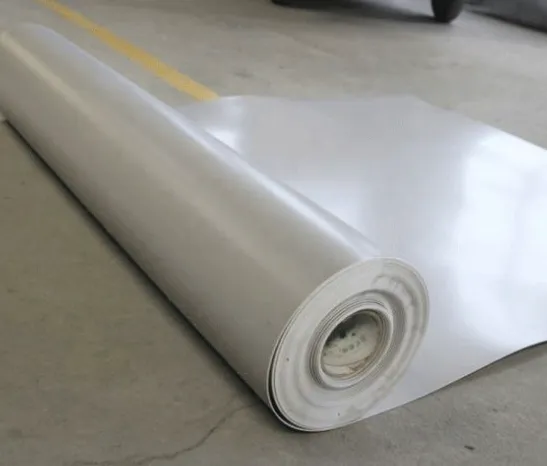
(line leak detector)
Why Next-Gen Leak Detection Beats Old School Methods
Mechanical line leak detectors once ruled the industry, but their 1.5-gallon/hour sensitivity leaves dangerous gaps. Modern electronic line leak detectors detect leaks as small as 0.1 gallons/hour - 15x more precise. Our patented sensors update every 2.7 seconds, giving you real-time protection instead of yesterday's delayed alerts.
| Feature | Mechanical Detector | Standard Electronic | Our UltraScan Pro |
|---|---|---|---|
| Detection Threshold | 1.5 gph | 0.3 gph | 0.1 gph |
| Response Time | 60+ mins | 8 mins | UNDER 3 mins |
Proven Results Across Industries
When Midwest Fuel Chain upgraded 78 stations with our detectors, they slashed false alarms by 92% in 6 months. PetroMart reduced environmental cleanup costs by $410,000 annually after replacing their mechanical systems. Whether you're monitoring gasoline, diesel, or chemicals, our adaptive sensors handle it all.
Your Custom Leak Defense Blueprint
Why settle for one-size-fits-all solutions? Our engineers create custom configurations based on your:
• Tank material and age
• Soil composition data
• Local regulatory requirements
Get 24/7 monitoring through our cloud dashboard or onsite control panels - you choose.
Act Now Before the Next Inspection
Every day without precision leak detection risks your compliance and reputation. Join 1,400+ operators who've eliminated leak-related fines since 2021. Schedule your free site assessment this month and get our 5-year warranty at no extra cost!
Stop leaks cold. Start saving hot.
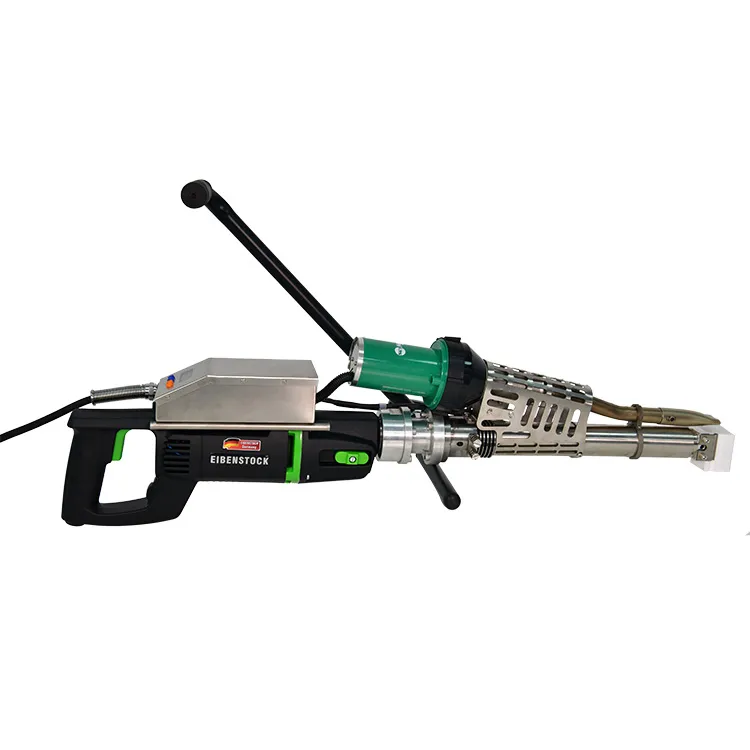
(line leak detector)
FAQS on line leak detector
Q: What is an electronic line leak detector?
A: An electronic line leak detector (ELLD) is a device that uses sensors and microprocessors to detect fuel or liquid leaks in pipelines. It monitors pressure changes and triggers alarms when irregularities are found. These systems are commonly used in fuel storage tanks and industrial pipelines.
Q: How does a mechanical line leak detector work?
A: A mechanical line leak detector relies on pressure differentials to identify leaks. If a pressure drop occurs due to a breach, mechanical valves or floats activate to shut off the flow. This type requires no electricity, making it suitable for remote locations.
Q: What are the key differences between electronic and mechanical line leak detectors?
A: Electronic detectors offer higher precision with real-time data logging and automated alerts, while mechanical detectors prioritize simplicity and durability. Electronic versions require power sources, whereas mechanical ones operate purely through physical mechanisms.
Q: Where are line leak detectors typically installed?
A: Line leak detectors are installed in fuel dispensing systems, chemical pipelines, and underground storage tanks. They're critical for gas stations, airports, and industrial facilities to prevent environmental contamination and comply with safety regulations.
Q: How often should line leak detectors be maintained?
A: Electronic detectors should undergo annual calibration and software updates, while mechanical models need biannual inspections for component wear. Both types require immediate testing after suspected leaks or system modifications.
Related Products
Related Video


Geo Hot Wedge Welder With Digital Display SWT NS800D Operation Guide
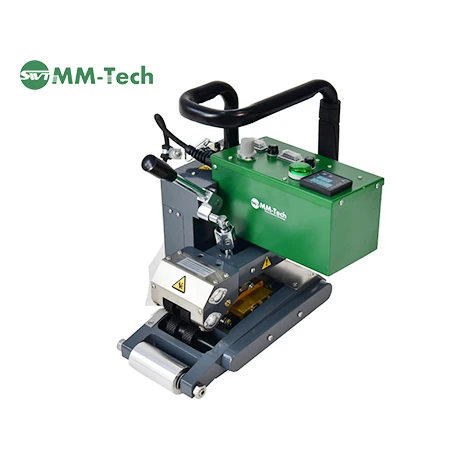

Heavy-Duty Geo Hot Wedge Welder SWT-NS900 Operation Guide
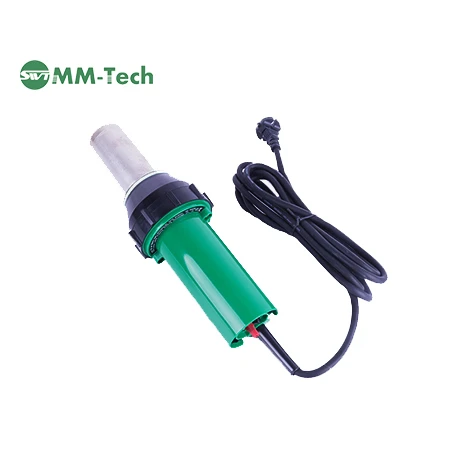

Powerful Professional Hot Air Tool SWT-NS3400A Operation Guide


Geo Hot Wedge Welder SWT NS800 Operation Guide
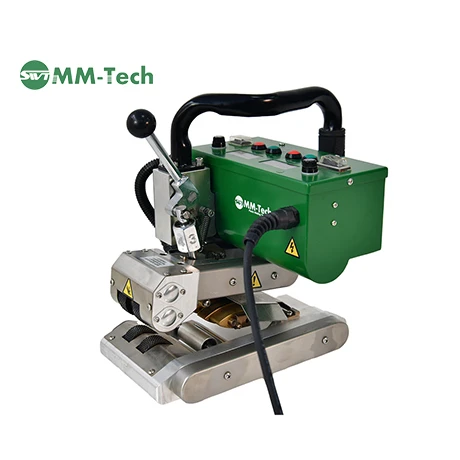

Compact HDPE Hot Wedge Welding Machine SWT-NSGM1 Operation Guide
Related News
SUBSCRIBE NEWSLETTER
Dear customer, thank you for your attention! We provide high-quality machinery and equipment and look forward to your orders. Please inform us of your needs and we will respond quickly!









